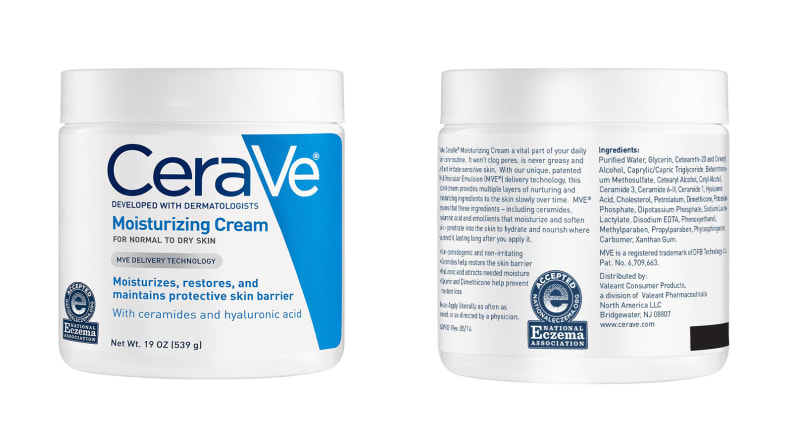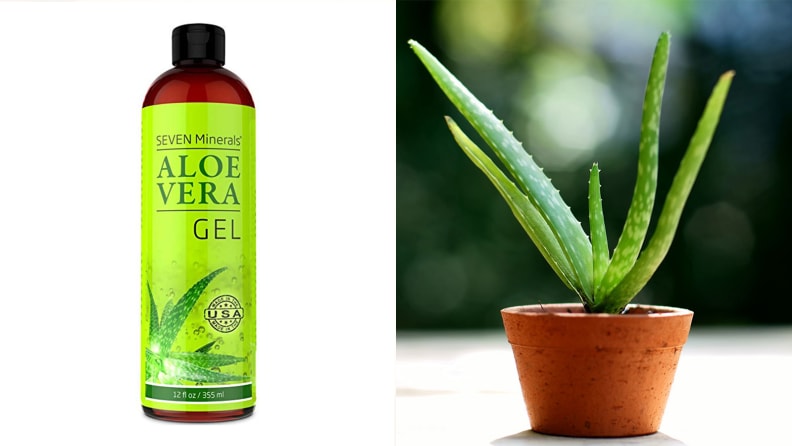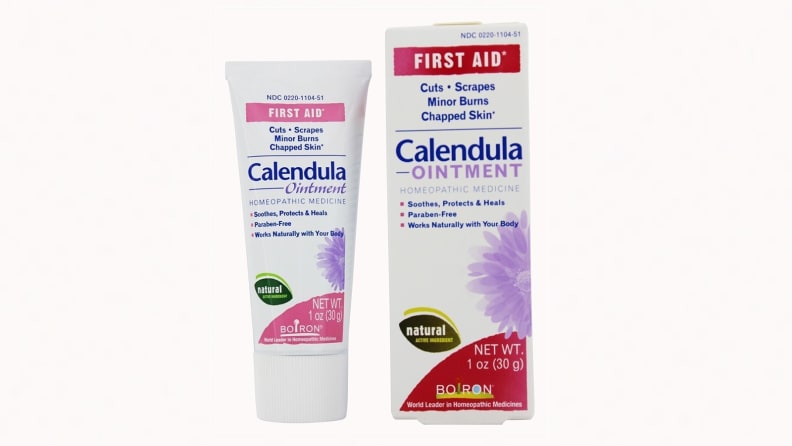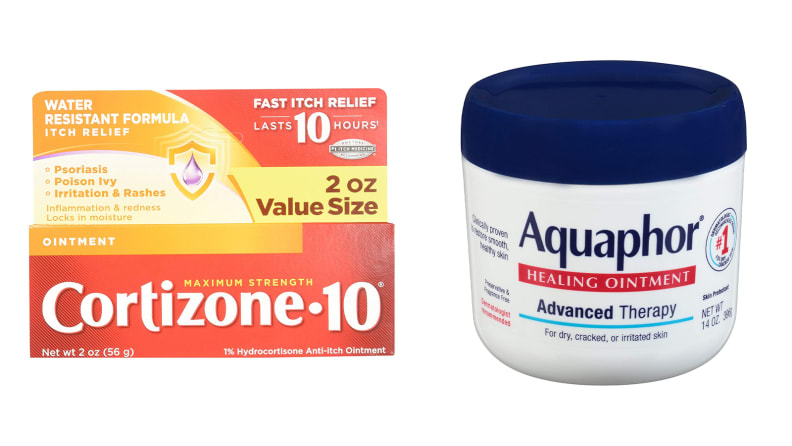The winter skin issue you need to protect yourself from
Avoid sore, chapped skin this winter.
 Credit:
Getty Images / Alex Potemkin
Credit:
Getty Images / Alex Potemkin
Recommendations are independently chosen by Reviewed's editors. Purchases made through the links below may earn us and our publishing partners a commission.
If you’ve ever journeyed inside and felt your cheeks flushing and stinging after a windy winter day, you’ve likely experienced windburn. By definition, windburn is “the reddening and soreness of the skin caused by prolonged exposure to the wind.”
While what you see is redness and feel is stinging, windburn damages the skin on a more micro level. “[Windburn is] a type of contact dermatitis,” says Dr. Marnie Nussbaum, a dermatologist based in New York City. “The wind is hitting the skin and causing it to become dry and cracked.”
It’s an unpleasant and even painful reminder of how winter’s harsh weather conditions can affect our skin, but luckily, there are ways to prevent and treat it.
1. A moisturizer to protect

Prevent windburn with a thick moisturizer.
Before heading outside, coat exposed skin with a moisturizer that can act as a protective barrier against the elements. Nussbaum recommends using one with humectants (moisture-retaining ingredients), such as glycerin and hyaluronic acid, that yield both immediate and longer-lasting hydration. For this, try the CeraVe Moisturizing Cream, which uses hyaluronic acid to maintain moisture and ceramides, or lipids, that protect the skin barrier.
Get the CeraVe Moisturizing Cream on Amazon for $16.25
2. An aloe vera gel to soothe

Aloe forms a protective barrier over irritated skin.
If you already have windburn, Nussbaum recommends using aloe vera because it’s soothing and anti-inflammatory. For the same reason it works wonders to relieve a sunburn, aloe is a great solution for windburn, too. The pulp from the plant leaves contains polysaccharides, or water-binding agents, that create a protective barrier over the skin. If you don’t have a plant at home, look for a gel or cream that’s labeled “100% aloe vera gel,” like the Seven Minerals Organic Aloe Vera Gel.
Get the Seven Minerals Organic Aloe Vera Gel on Amazon for $19.95
3. A calendula ointment to relieve discomfort

Calendula ointment heals minor burns, scrapes, cuts, and chapped and chafed skin.
Calendula ointment, Nussbaum says, has similar properties to aloe that are effective for healing windburn. Calendula officinalis, or the garden marigold, is used to heal skin irritations, such as minor burns, scrapes, cuts, and chapped and chafed skin. This one from Boiron claims to heal by also moisturizing the irritated skin.
Get the Boiron Calendula Ointment on Amazon for $5.94
4. A thicker treatment to heal

Thicker ointments like Cortizone or Aquaphor help severe skin irritation.
If your windburn is particularly severe, Nussbaum recommends applying a thick cream that contains hydrocortisone to reduce inflammation and the itchiness associated with healing, like Cortizone 10 Maximum Strength Ointment. Or, if you know you’ll spend time outside while your skin heals, opt for a petrolatum-based ointment like Aquaphor, which soothes and provided a protective film to prevent further damage while skin heals.

